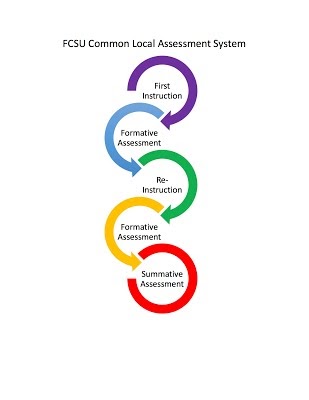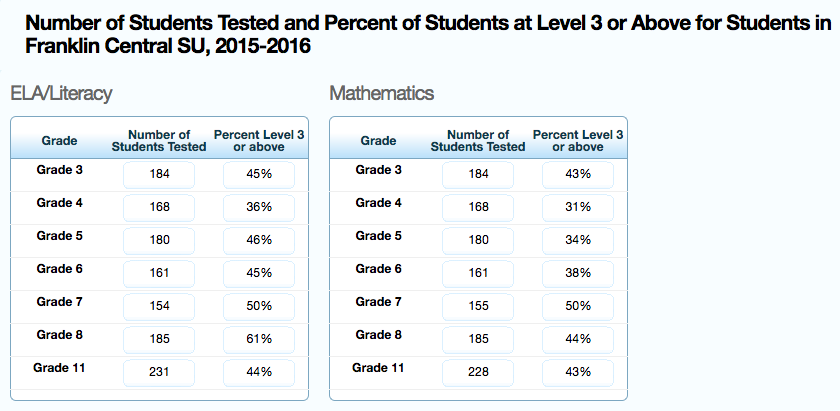OUR DISTRICT
Calendars
MRUSD Policies & Procedures
Previous Events & Forums
DEPARTMENTS
STAFF RESOURCES
PARENTS & COMMUNITY
MRUSD Policies & Procedures

MRUSD Common Local Assessment
Dynamic Learning Maps (DLM)
The Dynamic Learning Maps™ (DLM®) project offers an innovative way for all students with significant cognitive disabilities to demonstrate their learning throughout the school year via the DLM Alternate Assessment System. Traditional multiple-choice testing does not always allow students with significant cognitive disabilities to fully demonstrate their knowledge. By integrating assessment with instruction during the year and providing a year-end assessment, the DLM system maps student learning aligned with college and career readiness standards in English language arts and mathematics.
The Every Student Succeeds Act
The 1965 Elementary and Secondary Education Act (ESEA) has been reauthorized as the Every Student Succeeds Act (ESSA). For information on this reauthorization and how Vermont is determining the ways the act will translate into educational practice, see HERE.
Student proficiency is measured through the New England Common Assessment Program (NECAP) for science, and the Smarter Balanced Assessment Consortium (SBAC) assessment for English/language arts and math. Progress is measured by looking at the school population as a whole, as well as by dis-aggregating the performance of student sub-groups, including students with disabilities, English learners, students receiving free or reduced-price lunch, and minority students.
Highly Qualified Teacher Reports to see the status of FCSU teachers in 2015-2016.
Open NCLB Annual Report Card
Saint Albans City School 2015-2016 Report CardFairfield Center School 2015-2016 Report CardVT Agency of Education Educational Performance Page.

In grades 3-8, 1% of students were not tested in both English language arts and math.
No students were excluded from testing in 2015-2016 due to recent arrival status in this country.
Grade 4 Science NECAP results are HERE.
Grade 8 Science NECAP results are HERE.
Grade 11 Science NECAP results are HERE.
*Please note that the NECAP does not measure the new science standards as implemented in the FCSU.
NAEP Interactive Report (2015 data)
2015 Vermont Public School Drop-Out and Completion Report.
For the 2014-2015 school year, Bellows Free Academy had a drop out rate of 3.05%.
Cost-Effectiveness Data
Each school district is required to report data which allows a comparison of districts to each other for cost-effectiveness. The Cost Effectiveness Report includes data for all districts in the state of Vermont. Additional information is included in each of the district reports below. The most recent data is from the 2013-2014 school year.
The Guidance Department at BFA serves all students at the Academy We strive to maintain a comprehensive guidance curriculum that continues to meet Vermont education standards. Our curriculum includes: Academic Development, Career Development, and Personal / Social Development.
To ensure that each student has sufficient support, students are divided alphabetically and are assigned to one of our five counselors. Each student has the opportunity to take the semester-long Career Exploration course, which includes a career curriculum and personal meetings with guidance counselors to discuss career aspirations and next steps.
The Guidance Department currently offers individual and group counseling. In addition to these available services, we consider it our job to advocate for all students, including identifying and supporting students struggling academically or personally. Individual counseling includes personal and social support, course selection, career guidance, and peer mediation. The student population is assessed yearly to determine what type of groups are needed. The involvement of parents in their child’s education is highly significant for that child’s success in education. Often this becomes more difficult when children graduate from elementary school into the high school. Our department holds programs that are geared toward helping parents remain involved. Some of these programs include parent conference nights and programs regarding post-secondary education.
Additional Career Counseling opportunities are available through Northwest Technical Center.
Northwest Career & Technical Center (NCTC) is a regional technical center located in St. Albans, Vermont. The mission of the Northwest Technical Center is to educate today’s learners by providing comprehensive career and technical education programs that enhance career awareness, promote lifelong learning, and develop skills to be responsible, productive citizens for today and tomorrow. Our primary function is to serve 10th, 11th, and 12th grade students from Bellows Free Academy, Missisquoi Valley Union High School, and other interested students from the surrounding areas. NCTC also offers courses and programs to adult students–high school student graduates, as well as non-graduates–who are interested in continuing their technical education.
There are ten programs to choose from at NCTC. Each program is offered in a two or three year sequence, meeting one to three periods per day, five days a week. The second year is a continuation of the first year, but offers advanced work and some specialization. The third year of a program is an optional year for students. They can choose to do an independent study, complete a third year of the classroom program, or work toward an on-the-job placement in their chosen field. Students enrolled in NCTC programs may receive equivalent credit in Math, Science and/or Art. Some programs have agreements with area colleges that grant transcripted college credit (dual enrollment), and students in all programs have the opportunity to earn Industry Recognized Credentials (IRCs).
All programs stress development of good work habits and desirable on-the-job behavior. The Northwest Technical Center provides comprehensive Career Awareness preparation for our students through what we call “Employability Activities”.These activities include the development of a Resume and Cover Letter, compilation of a Portfolio, regular lab/shop experiences that mirror professional expectations of the workplace, and participation in special events like Interview Day: a day or two dedicated to mock interviews with community professionals who “interview” our students and give feedback on their resumes and interviewing techniques.